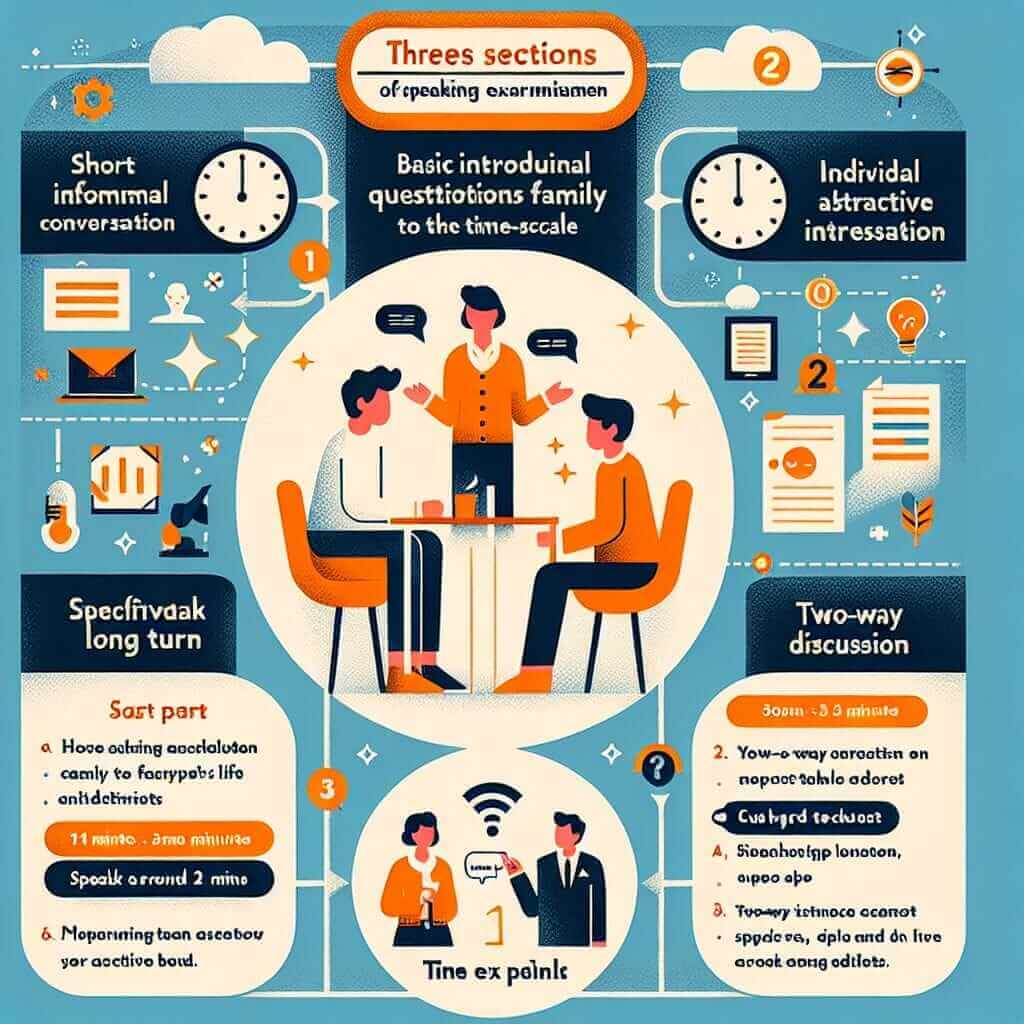Introduction: Navigating the IELTS Speaking Test
The IELTS Speaking test, often perceived as a daunting hurdle, assesses your ability to communicate effectively in English. Many test-takers seek resources to boost their confidence and performance. One such resource is “IELTS Speaking by Mat Clark.” As an IELTS instructor with over two decades of experience, I’ll provide an in-depth analysis of this resource, addressing its strengths, weaknesses, and whether it lives up to the hype.
Understanding the Hype: What Makes a Good IELTS Speaking Resource?
Before diving into Mat Clark’s book, let’s define the hallmarks of a valuable IELTS Speaking resource. Effective materials should:
Key Features of Quality IELTS Speaking Resources
- Comprehensive Content: Covering all aspects of the Speaking test, from part 1 introductions to part 3 discussions.
- Strategic Guidance: Offering practical tips and strategies for tackling different question types and enhancing fluency, vocabulary, and pronunciation.
- Realistic Practice: Providing ample opportunities for simulated speaking exercises and sample answers that reflect the exam format and expectations.
- Expert Insights: Sharing insights from experienced IELTS instructors to clarify common misconceptions and provide expert guidance.

Dissecting “IELTS Speaking by Mat Clark”
Mat Clark’s book has gained popularity among IELTS candidates, but is it truly effective? Let’s examine its strengths and weaknesses:
Strengths
- Structured Approach: The book offers a well-organized approach to understanding the IELTS Speaking test format, breaking down each part with clear explanations.
- Sample Answers: It provides numerous sample answers showcasing a range of band scores, which can be helpful for understanding the desired level of language proficiency.
- Vocabulary Focus: Clark emphasizes the importance of vocabulary and provides useful lists and exercises for expanding your lexical range.
Weaknesses
- Limited Practice Activities: The book could benefit from more diverse and challenging practice activities beyond the provided sample answers.
- Lack of Personalized Feedback: As with any self-study material, the absence of personalized feedback from an experienced instructor can limit progress.
- Over-reliance on Memorization: While sample answers are useful for reference, relying heavily on memorization can hinder your ability to respond naturally and spontaneously during the actual test.
Verdict: A Stepping Stone, Not a Magic Solution
“IELTS Speaking by Mat Clark” can serve as a valuable introductory resource, especially for those unfamiliar with the test format. It provides a solid foundation and useful vocabulary-building tools. However, it shouldn’t be considered a magic solution or a replacement for focused practice and feedback from a qualified IELTS instructor.
Maximizing Your IELTS Speaking Preparation
To excel in the IELTS Speaking test, consider these additional tips:
- Engage in Regular Practice: Converse with native English speakers or proficient English users to improve fluency and pronunciation.
- Record Yourself: Listening to recordings of your speaking can help you identify areas for improvement in pace, clarity, and grammar.
- Seek Expert Feedback: Consider taking mock speaking tests with an experienced IELTS instructor who can provide personalized feedback and guidance.
Conclusion: Your Path to IELTS Speaking Success
While “IELTS Speaking by Mat Clark” offers a helpful starting point, remember that consistent effort, strategic practice, and expert guidance are key to achieving your desired IELTS Speaking score.